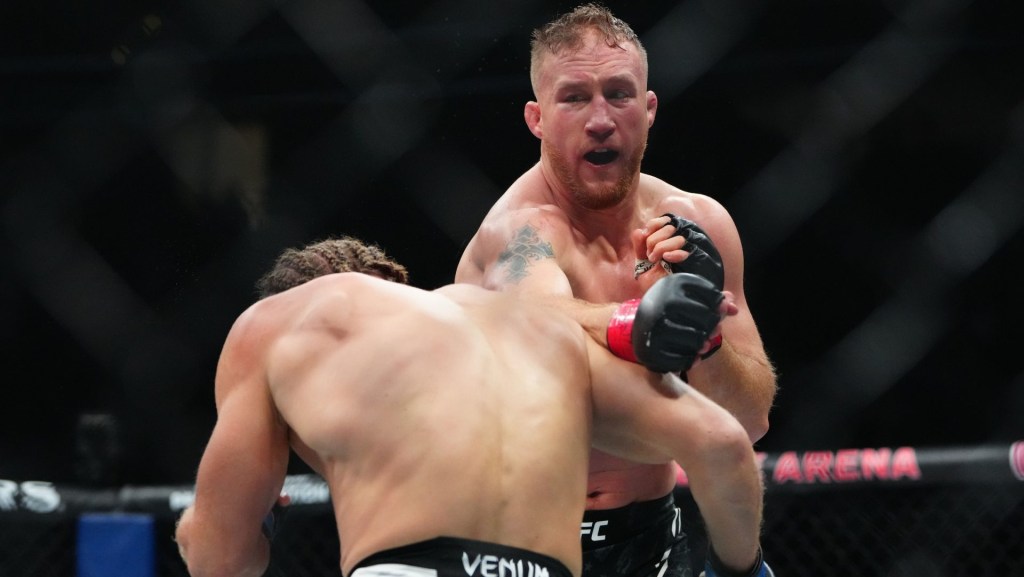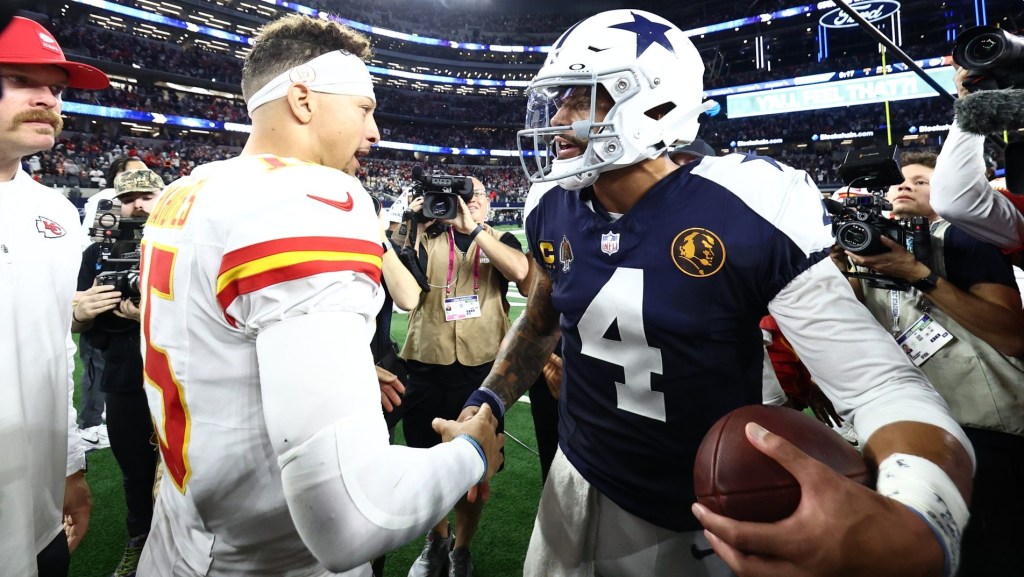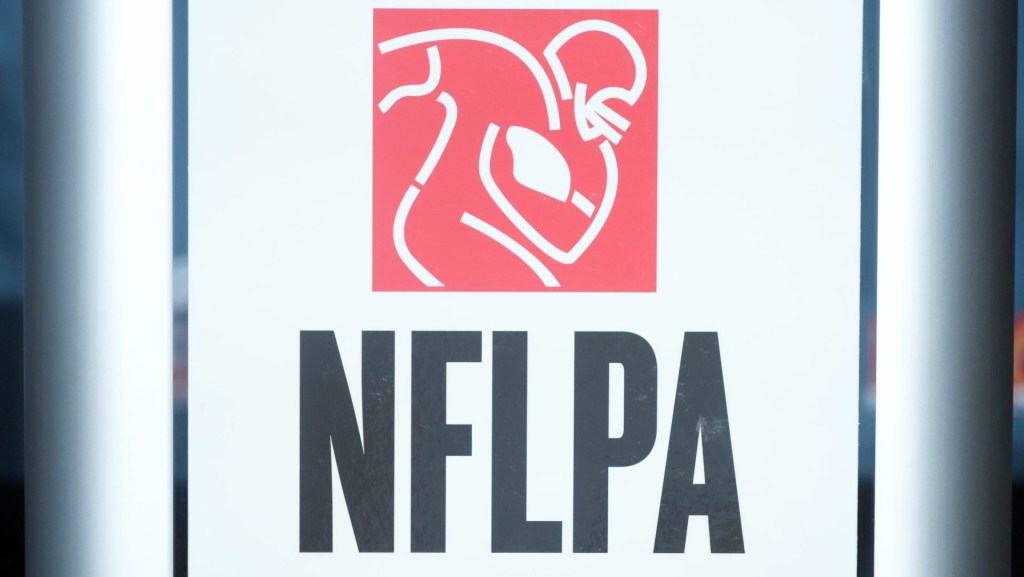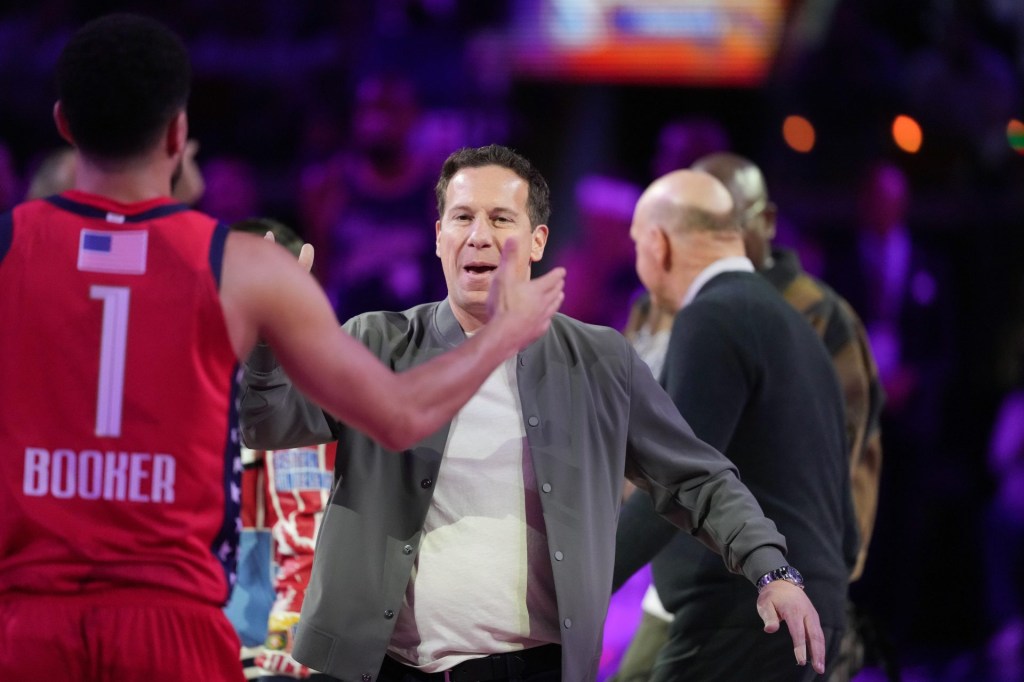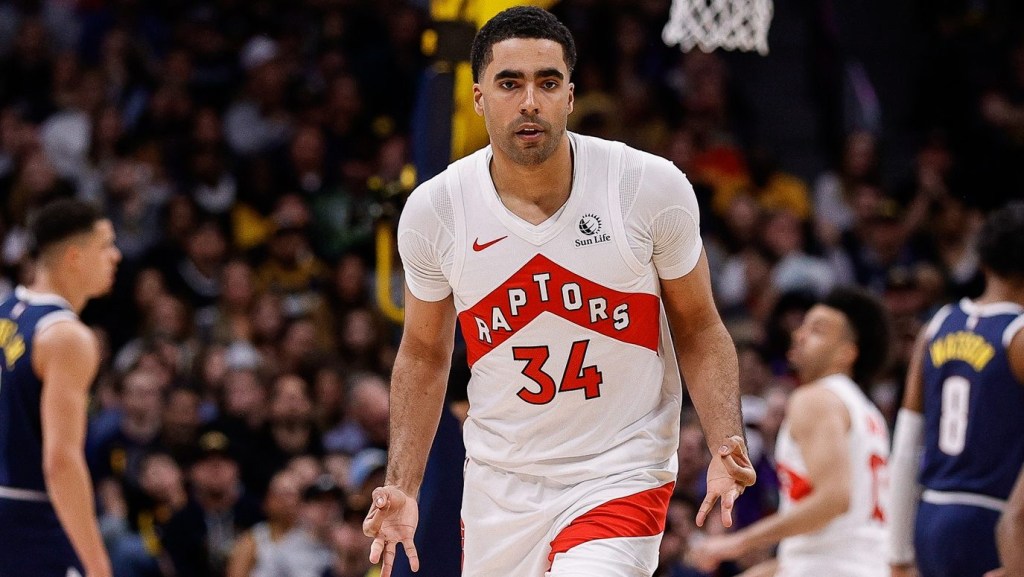The NHL and NHLPA have reached a labor deal that will run through the end of the decade.
Commissioner Gary Bettman and NHLPA executive director Marty Walsh announced the four-year extension to the collective bargaining agreement—which will begin with the 2026–27 season and extend through September 2030—at a press conference ahead of Friday’s NHL draft in Los Angeles.
“We can all look forward to at least five years more of labor peace of players’ association and the NHL working together,” Bettman said. “While we didn’t agree on everything, we had a very constructive, professional, and collaborative collective bargaining process.”
The agreement is not expected to change the current CBA terms for the upcoming 2025–26 season, but will rather kick in when the current agreement expires. The sides have not yet formally ratified the deal, which can sometimes take months after a memorandum of agreement.
The new terms cover a lot of ground, including creating uniform team rights to draft picks until age 22, improving player benefits, establishing a full-time emergency backup goalie, and even eliminating the team dress code. But two major elements stand out.
The first is the extension of the regular season to 84 games beginning in 2026–27, marking the addition of two contests. Concurrently, this will halve the number of preseason games to four per team.
Player contract terms will now also be limited. Players who re-sign with their current franchises will only be able to sign a deal of up to seven years instead of eight; free agents will have contracts limited to six years instead of seven. As players go into this year’s free-agency stretch for the 2025–2026 season, they’ll still be able to sign for eight years.
It’s a change worth watching closely as major stars move into free agency and make decisions about contract length. The current top free agent is Mitch Marner, who is unlikely to return to Toronto; some reports have indicated Marner may be pursuing a two- or three-year deal with a new team, instead of the longer contract that most recent top free agents have sought. Next year, superstar Connor McDavid will become a UFA if he chooses not to sign an extension with Edmonton by July 1 and instead enter the final year of his contract. He would negotiate a new contract as his eight-year deal with the Oilers ends; it’s unclear whether he will stay in Edmonton or seek a new deal outside the organization, but the new contract length rules could factor into his decision. Deferred-salary contracts, an increasing trend, will also be banned.
The long-term labor peace stands in contrast to most other major U.S. sports, whose owners and unions have clashed in recent years. It’s also a departure from recent NHL history. It marks the first time the NHL and NHLPA have agreed to an extension in advance of the CBA’s expiration during Bettman’s tenure, which began in 1993. In the past 20 years, the league has experienced three lockouts, including in 2004–05 when the entire season and that year’s draft were canceled. This is also the first major negotiation for NHLPA director Walsh, who was formerly the mayor of Boston and Joe Biden’s labor secretary.
“To say that this was a little different from my standpoint, I assure you, this was completely different,” Bettman, who also called the negotiations “refreshing” said to Walsh. “And that’s, again, a testament to you on the tone you set.”
Bettman said the league proposed a longer deal, but was happy to meet the union’s wishes to execute a shorter agreement. “We have some players that came into the league under the last agreement and retired under the last agreement. They never had a chance to really express their collective bargaining opinions,” Walsh said.
The CBA sets up the league to potentially bring on expansion franchises, including in Atlanta. Before the new CBA was announced, the next three seasons were scheduled to have the largest salary caps in league history at $95.5 million, $104 million, and $113 million. On Friday, Bettman said numerous markets are interested in a team, but the NHL isn’t “actively” pursuing one of those situations, nor does he foresee a formal expansion process with the league weighing numerous bids anytime soon. He said the new CBA does not lay out what would happen to any cash injected into the league by a potential expansion team.
The NHL’s U.S. media deals with ESPN and TNT are still locked in for another three years; the league and Rogers also announced in April a CAD $11 billion, 12-year national rights media deal through the 2037–2038 season. The new Canadian deal kicks in the same year as the new CBA terms.
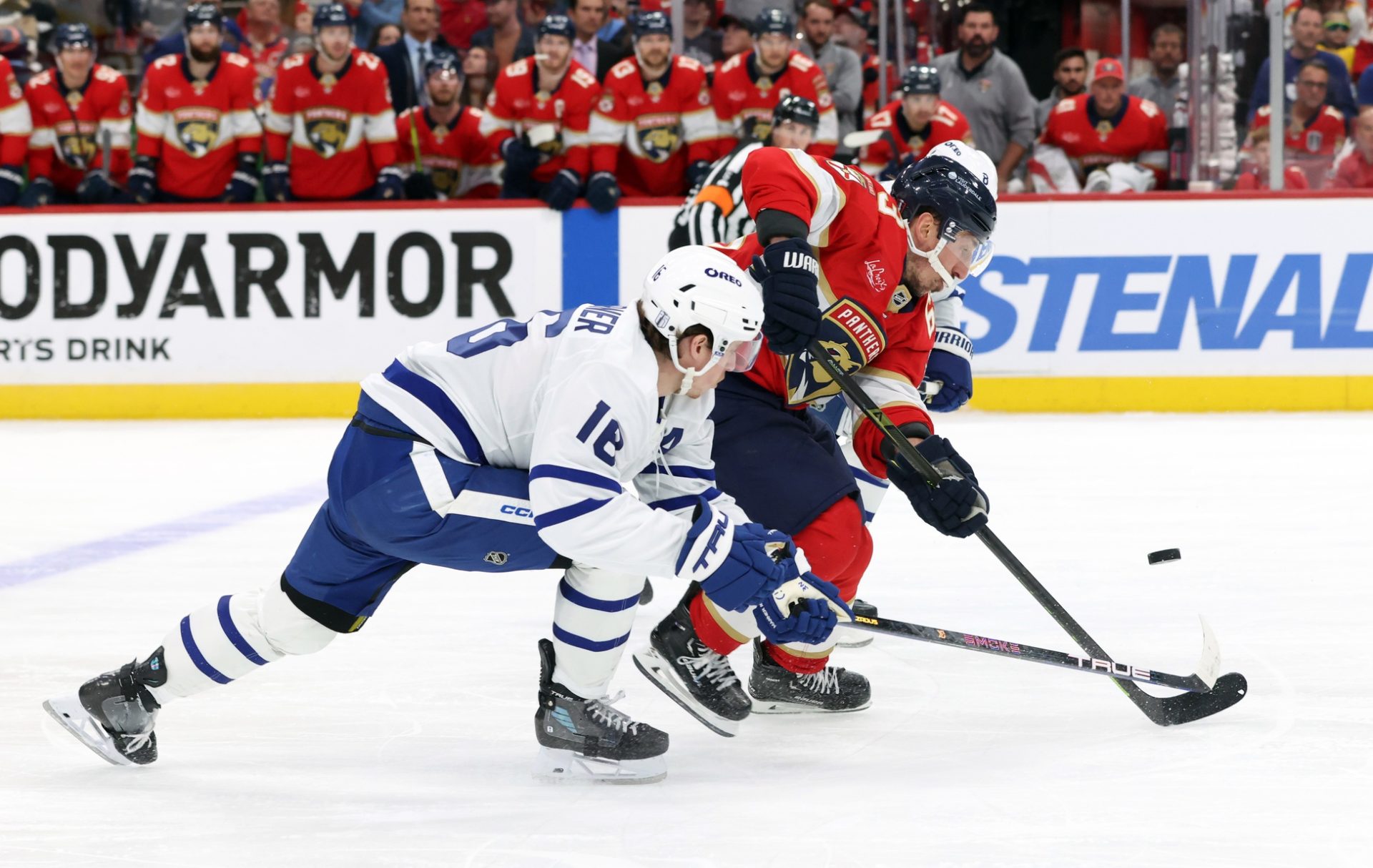
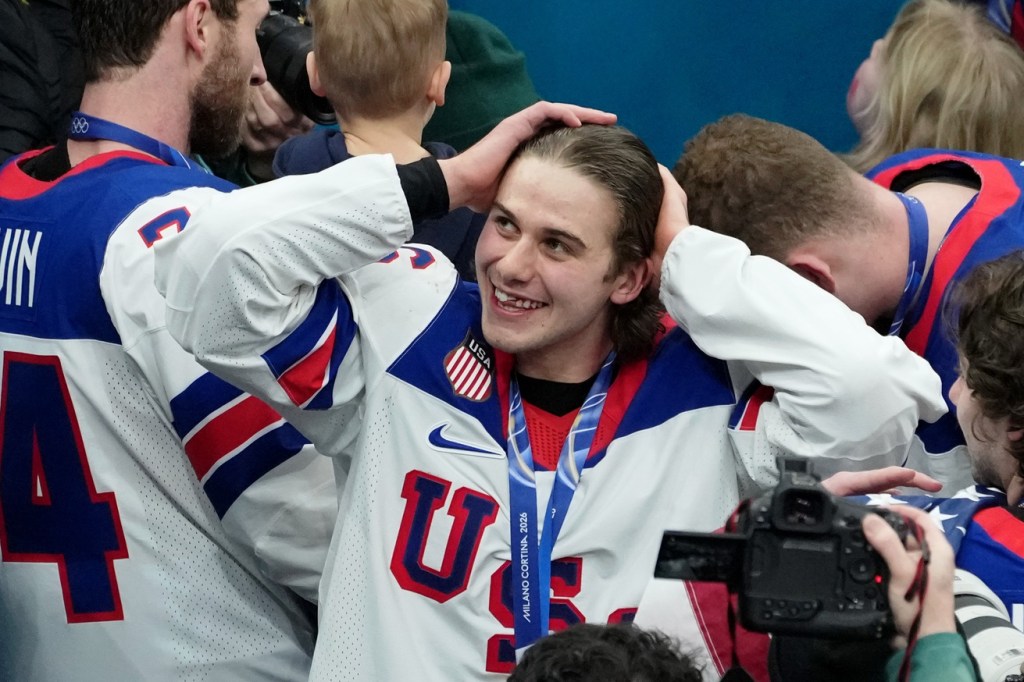
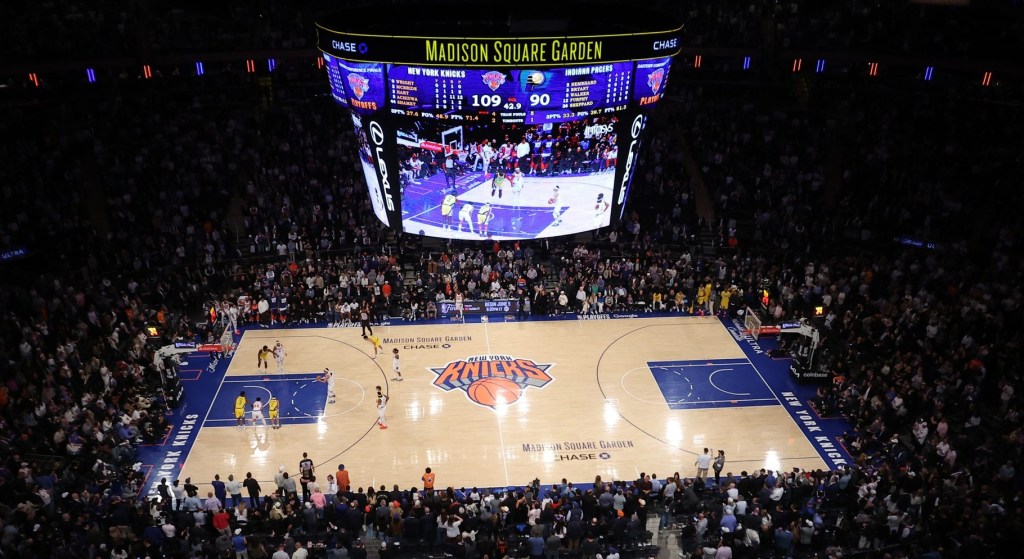

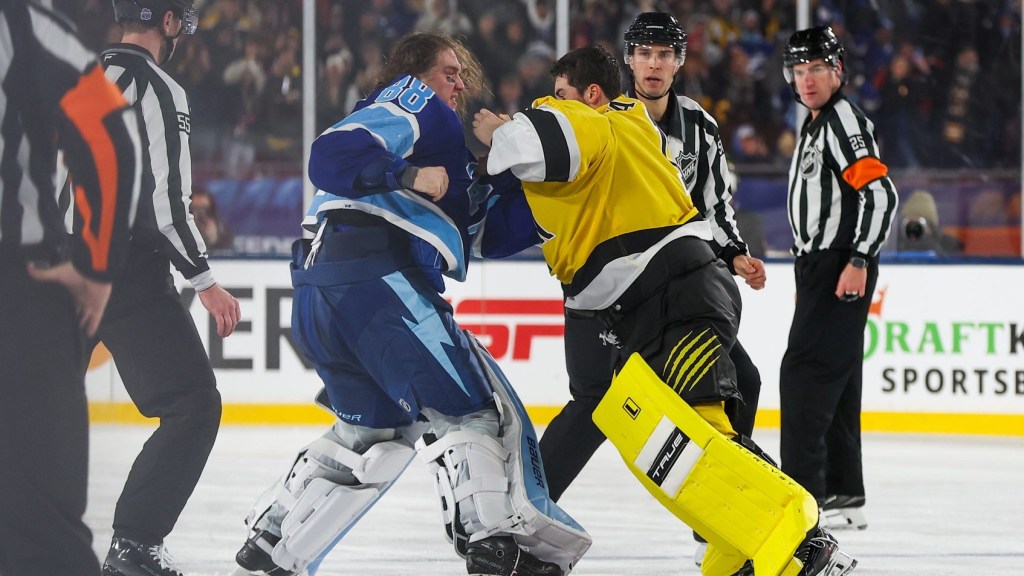
![[Subscription Customers Only] Jun 15, 2025; Seattle, Washington, USA; Botafogo owner John Textor inside the stadium before the match during a group stage match of the 2025 FIFA Club World Cup at Lumen Field.](https://frontofficesports.com/wp-content/uploads/2026/02/USATSI_26465842_168416386_lowres-scaled.jpg?quality=100&w=1024)
![[Subscription Customers Only] Jul 13, 2025; East Rutherford, New Jersey, USA; Chelsea FC midfielder Cole Palmer (10) celebrates winning the final of the 2025 FIFA Club World Cup at MetLife Stadium](https://frontofficesports.com/wp-content/uploads/2026/02/USATSI_26636703-scaled-e1770932227605.jpg?quality=100&w=1024)



